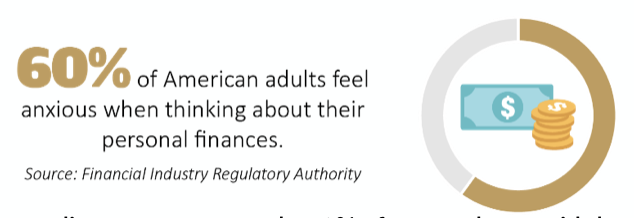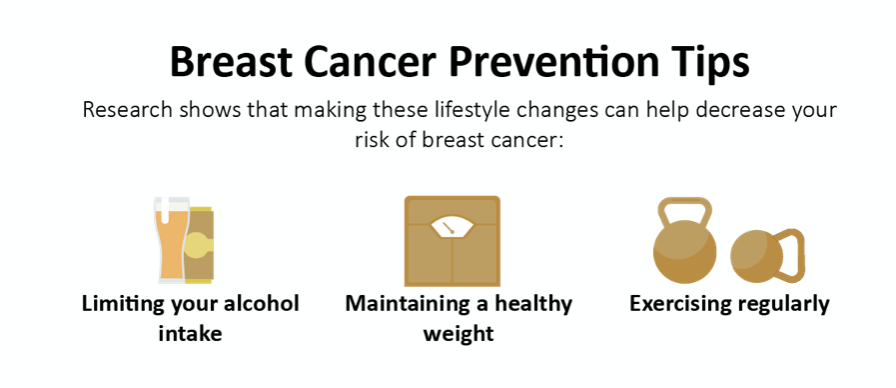Coping With Pandemic Financial Stress
Many households were stressed about their finances before the pandemic, but the past year has remained just as challenging. As a result, many Americans are still financially stressed out, which can negatively impact their mental health. If you are experiencing financial stress, know that you’re not alone.

According to a recent study, 50% of respondents said they feel stressed when discussing their finances. This type of stress occurs due to numerous reasons, and it isn’t always because of a lack of money or resources. Financial anxiety occurs across all income levels. Research shows that financial stress and anxiety are often linked to low levels of financial literacy, problematic financial behaviors and decreased financial security.
Financial anxiety and stress can be debilitating. Consider these coping tips from the U.S. Department of Labor:
- Increase your financial literacy. Some individuals are anxious because they aren’t comfortable deciphering financial information. If you feel this way, it may be helpful to seek out financial wellness programs that address money management topics and ways you can save.
- Create a budget—and stick to it. A budget can make you feel more in control of your money, thus improving your mental health, stress, anxiety or frustration. This resource may also help you build up your savings over time and feel less stressed about your finances in the future.
- Switch from credit to cash. It may help to remove credit cards from your wallet and delete these cards from electronic payment systems and apps. If you’re not comfortable using cash during the pandemic, stick to using your debit card and live within your means.
- Address the topic head-on. Financial stress will not just go away—and doing nothing may only create more problems. It’s essential to fight the urge to avoid dealing with financial stress. In the long run, you’ll do more harm by not taking control.
If you’re concerned about your financial situation, reach out to a financial advisor. Further, if you’re feeling significant stress, talk to a mental health professional for additional guidance and support.
Breast Cancer Awareness Month
According to the World Health Organization, breast cancer became the most common cancer this year, accounting for 12% of all new cancer cases worldwide. In addition, breast cancer is the most frequently diagnosed cancer among American women. However, some men are also at risk for breast cancer.
The main factors that influence your risk of breast cancer include being a woman and getting older. Additional risk factors that are out of your control include genetic mutations, exposure to radiation therapy, your reproductive history and your family history.
October is Breast Cancer Awareness Month. As such, this is the perfect time to refamiliarize yourself with the following warning signs of breast cancer:
- Any change in the size or the shape of the breast
- New lumps in the breast or underarm
- Pain, thickening or swelling in any area of the breast
- Irritation or dimpling of breast skin
- Nipple discharge other than breast milk
Screenings can’t prevent cancer, but early detection can make treatment more effective. Women ages 45 to 54 should get a mammogram each year, while women age 55 and older can switch to biennial screening. For more information about breast cancer risk factors, talk to your doctor or visit breastcancer.org.

This Year’s Flu Season
Influenza season typically runs from October through April, but you can get the flu at any time of the year. The United States experienced a light flu season last year due to the preventive health and safety measures being taken for COVID-19. Health experts warn that since fewer people developed immunity to the previous year’s flu strains, more people could be susceptible to influenza this year.
With emerging variants of coronavirus spreading across the United States and traditional flu season ramping up, it’s crucial to get a flu vaccination. Experts assure that there is no harm in getting a flu shot in addition to a COVID-19 vaccine. On top of getting a flu vaccine, it’s still important to practice good hygiene—such as washing your hands with soap and water, covering coughs or sneezes and not going to work when you’re sick

